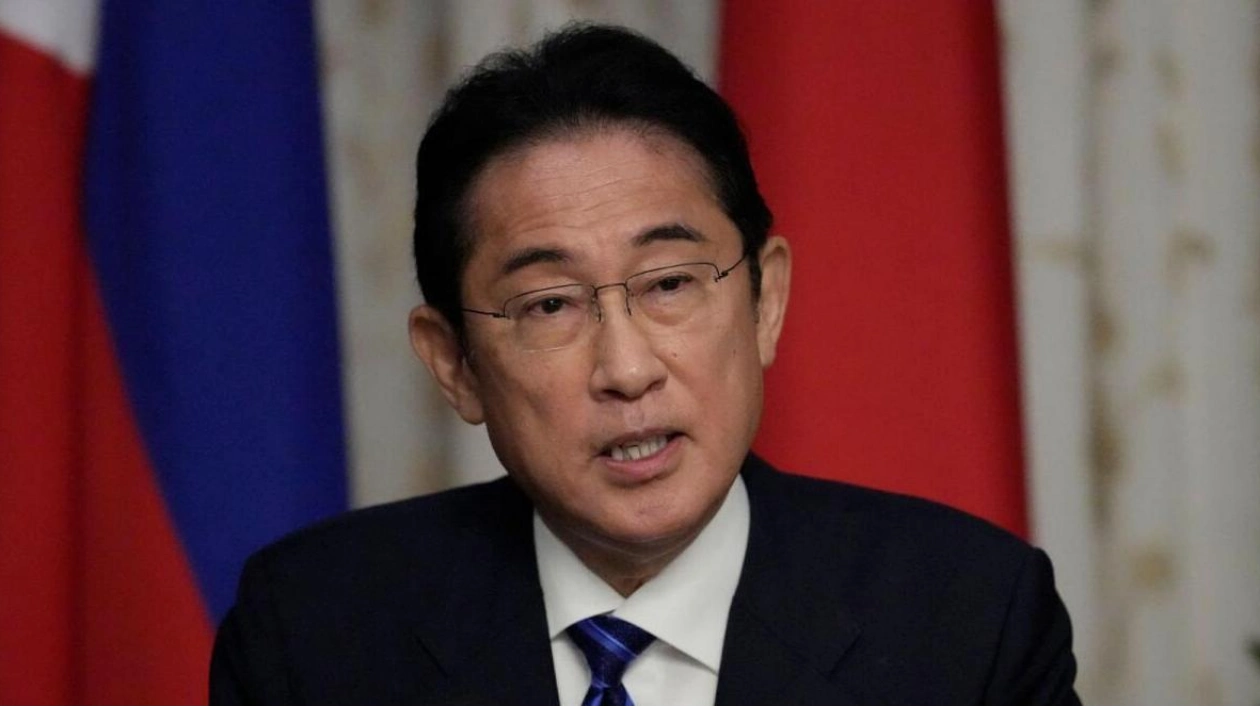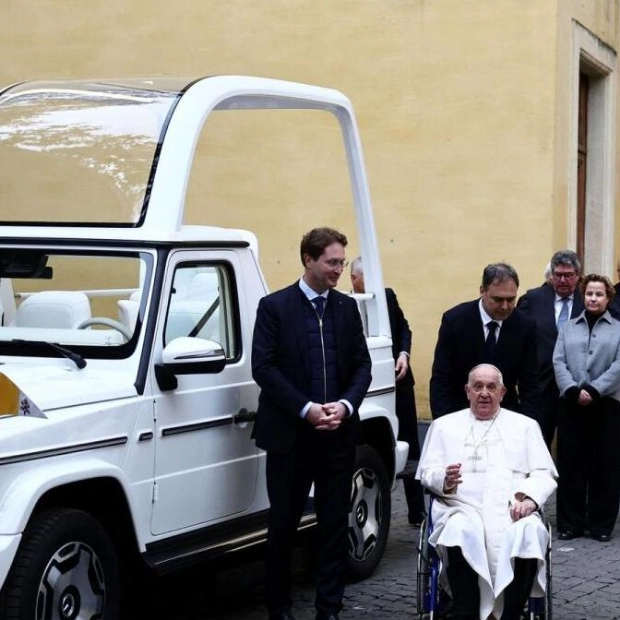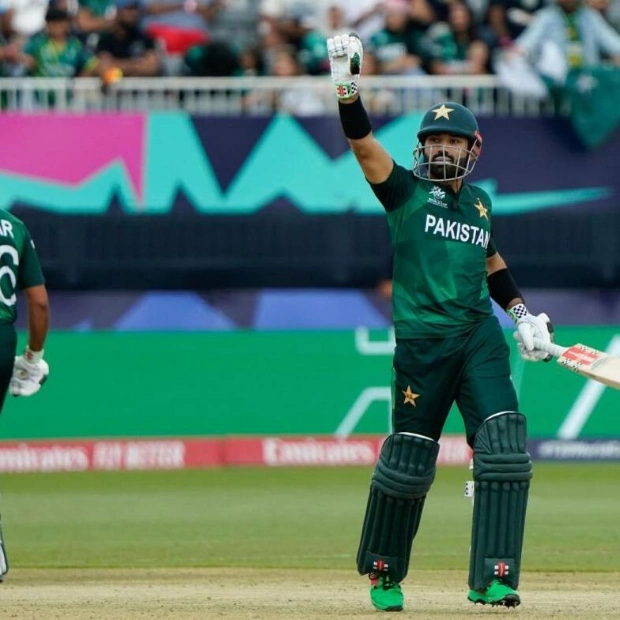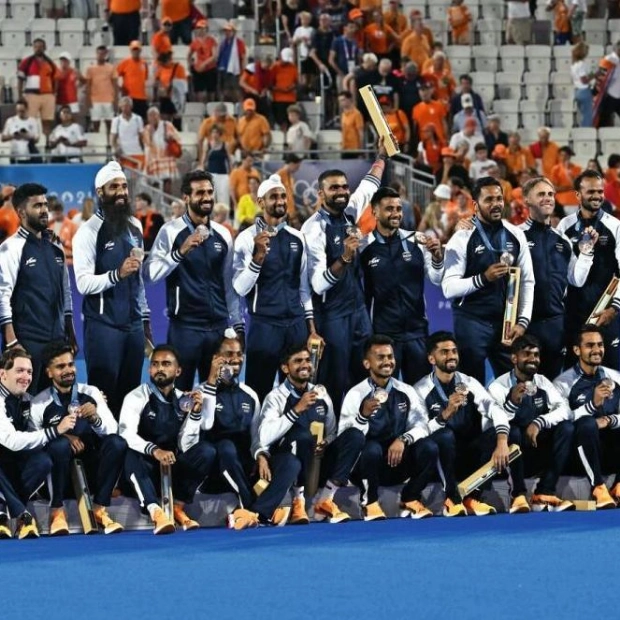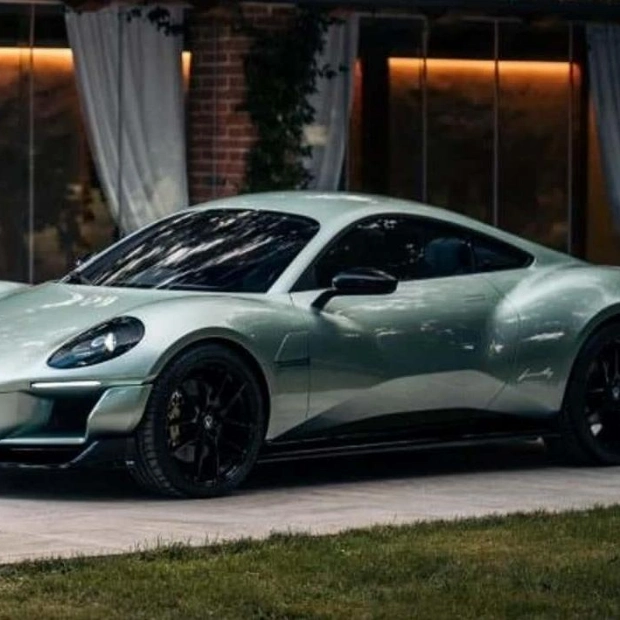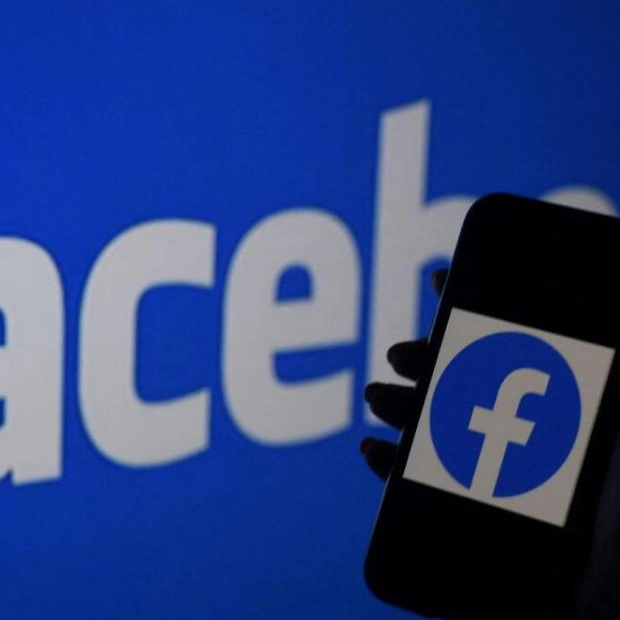A surfer, a train enthusiast, and a 'Trump whisperer' are among nearly a dozen contenders vying to succeed Japanese Prime Minister Fumio Kishida when he steps down next month. AFP examines the leading probable candidates to lead the ruling Liberal Democratic Party (LDP)—and thus become premier—ahead of the September 27 party vote.
Taro Kono, currently Japan's minister for digital transformation, is a seasoned and vocal reformist who was defeated by Kishida in the last leadership race in 2021. The 61-year-old, educated in the US, has held various ministerial roles, including defence and foreign affairs. Thirteen years post-Fukushima, he has moderated his stance against nuclear power to address escalating energy needs from data centers and AI. By LDP standards, he leans liberal, advocating for same-sex marriage, increased immigration, and supporting married women in keeping their names. Kono boasts 2.5 million followers on X and 79,000 on his English-language account. He also donated a kidney to his politician father, a former LDP president. "I have held numerous cabinet positions," Kono stated at a recent press conference. "I hope to leverage this experience one day."
Shigeru Ishiba, a former defence and agriculture minister, is favored by voters but less so by LDP lawmakers. This has led to four unsuccessful attempts by Ishiba to become party leader. The 67-year-old has criticized Japan's over-reliance on monetary easing and advocated for bolstering the rural economy. His hobbies include making military models—such as a Soviet aircraft carrier for a Russian defence minister's visit—and he is a fan of 1970s pop idols and trains.
Harvard-educated former consultant and current foreign minister Yoko Kamikawa is one of three women considering a bid to become Japan's first female premier. As justice minister, Kamikawa, 71, oversaw 16 executions, including the leader of the Aum doomsday cult responsible for the 1995 sarin gas attack on the Tokyo subway. As Japan's top diplomat, she has garnered praise, notably for a visit to Kyiv. Tokyo has strongly supported the Western stance on the Ukraine war. As a rare female presence in Japanese business and politics—only 16% of lawmakers are women—Kamikawa has championed greater representation. "I am convinced that advancing 'Women, Peace and Security' as a key diplomatic policy will enable Japan to contribute to a peaceful international community more than ever," she stated in a March interview.
Sanae Takaichi, a vocal nationalist, is popular with the conservative wing of the LDP. She was close to the assassinated ex-premier Shinzo Abe, whose supporters remain influential. Takaichi, 63, frequently visits the Yasukuni shrine, honoring Japan's war dead—including convicted war criminals—which could provoke China and South Korea. With US encouragement, Kishida has sought to mend ties with Seoul while increasing defence spending to counter China's growing assertiveness. Like Abe, Takaichi supports aggressive monetary easing, active fiscal spending, and nuclear power. Unlike her idol Margaret Thatcher, the former British prime minister, she played drums in a student heavy metal band.
Media-savvy Shinjiro Koizumi, a surfer and the photogenic son of a popular former premier Junichiro Koizumi, is seen as youthful. As environment minister, he advocated for increased renewable energy use. He emphasizes his role as a modern father, taking paternity leave while in office and expressing a desire to share parenting duties with his television presenter wife. However, this does not endear him to LDP elders, who might view the 43-year-old Koizumi as too young and inexperienced for the premiership.
With strong English, Abe's former golf partner Toshimitsu Motegi earned the nickname 'Trump whisperer' for his adept handling of the former US president during challenging US-Japan trade negotiations. The Harvard-educated former McKinsey consultant has held significant economic ministerial posts and has served as economy and foreign minister. Motegi, 68, is respected for his policy expertise but is said to have a quick temper. Trump reportedly told Abe that he found Motegi 'too tough.'
